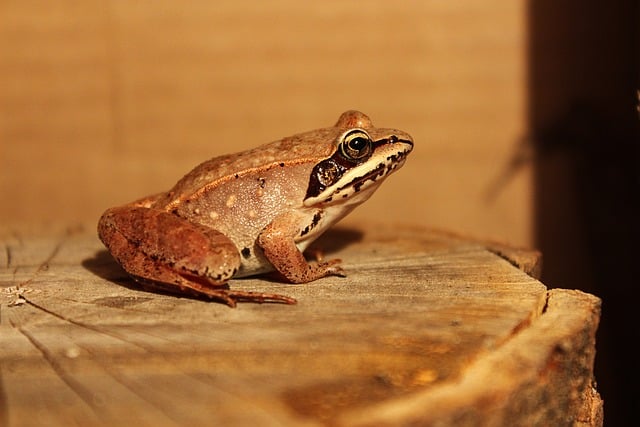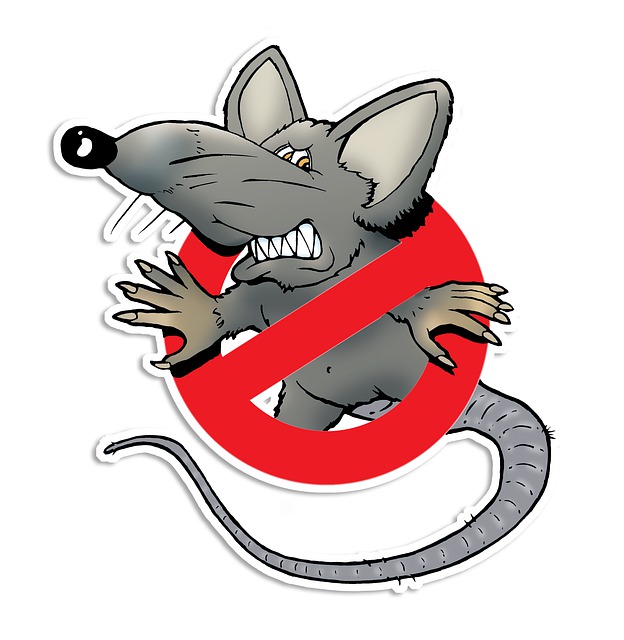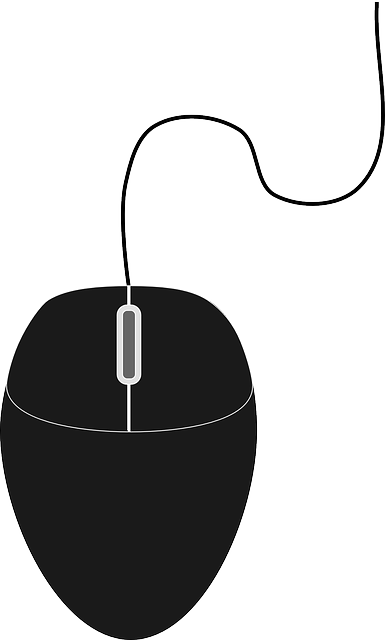Pigeons cause significant damage to commercial properties in Denver through nesting and droppings, necessitating effective bird control methods. Professional services employ humane techniques like removing nests, installing barriers, and using visual/auditory deterrents. Strategies include netting, reflective tapes, ultrasonic devices, regular cleaning, and eliminating food sources. Insulation restoration is crucial for energy efficiency and indoor environment health, benefiting both building occupants and the local ecosystem in Denver's climate.
In the vibrant cityscape of Denver, commercial properties often face challenges from persistent pigeon infestations. This article delves into the significant impact of pigeons on Denver’s commercial landscape and explores effective bird control strategies tailored for these urban settings. We highlight the importance of insulation restoration as a key component in maintaining a healthy environment, addressing the intricate relationship between wildlife control and property preservation. Discover how targeted solutions can mitigate pigeon damage and enhance the longevity of your Denver commercial buildings.
- Understanding the Impact of Pigeons on Commercial Properties in Denver
- Effective Bird Control Strategies for Pigeon Management
- The Role of Insulation Restoration in Maintaining a Healthy Environment
Understanding the Impact of Pigeons on Commercial Properties in Denver

Pigeons, while seemingly harmless, can cause significant damage to commercial properties in Denver. Their persistent nesting habits often lead to the accumulation of droppings on buildings and structural elements, resulting in unsightly stains and potential health hazards due to their high bacterial load. Moreover, pigeons are known to disrupt roofing materials, creating entry points for water, which can compromise the insulation and overall integrity of commercial structures.
Effective bird control for pigeons on commercial buildings in Denver is essential to mitigate these issues. Professional wildlife control services employ humane methods to deter pigeons, such as removing nesting sites, installing physical barriers, and using visual or auditory devices that discourage their return. By addressing pigeon infestations promptly, property owners can safeguard their investments, ensure the longevity of building materials, and maintain a clean, safe environment for occupants and visitors alike.
Effective Bird Control Strategies for Pigeon Management

Pigeon management is a significant concern for commercial building owners and managers in Denver, where these birds can cause substantial damage to insulation systems through their nesting habits. Effective bird control strategies are essential to prevent this issue. One of the most successful methods involves using specialized bird deterrents and exclusion devices. Netting, for instance, can be installed around vulnerable areas like ledges and sills to physically block pigeon access while allowing airflow.
Additionally, visual deterrents such as reflective tapes, bird-repelling stickers, and holographic decoys can effectively scare off pigeons. These methods can be combined with auditory deterrents like ultrasonic devices that emit high-frequency sounds unpleasant to birds but harmless to humans. Regular cleaning and maintenance of commercial buildings, including removing any food sources or water, can also significantly reduce pigeon attraction.
The Role of Insulation Restoration in Maintaining a Healthy Environment

Insulation restoration plays a vital role in maintaining a healthy environment, especially in urban areas like Denver where bird control for pigeons on commercial buildings is a common concern. By addressing insulation issues, we not only improve energy efficiency but also create a more sustainable and livable space. Pigeons and other birds can cause significant damage to buildings over time, leading to costly repairs and potential health hazards due to their droppings. Proper insulation restoration helps seal entry points, preventing birds from nesting and ensuring a cleaner, safer environment for both the building’s occupants and the local ecosystem.
This process involves more than just fixing holes; it includes enhancing the overall insulation quality. Improved insulation reduces heat transfer, leading to better temperature control inside buildings. In Denver’s climate, this is crucial as it not only lowers heating and cooling costs but also contributes to the preservation of the building’s structural integrity. By maintaining optimal temperatures, insulation restoration supports a healthier indoor environment for businesses and residents alike, fostering a harmonious relationship between human activities and the natural world.
In addressing the challenges posed by pigeon infestations on commercial properties in Denver, implementing effective bird control strategies is crucial. By combining traditional methods with innovative insulation restoration techniques, property managers can create an inhospitable environment for pigeons while promoting a healthier and safer space. Restoring insulation acts as a multi-faceted solution, not only mitigating pest issues but also enhancing the overall structural integrity and energy efficiency of buildings. With the right approach, Denver’s commercial landscape can be transformed into a less inviting haven for pigeons, ensuring a more peaceful and productive environment for businesses and their occupants.
